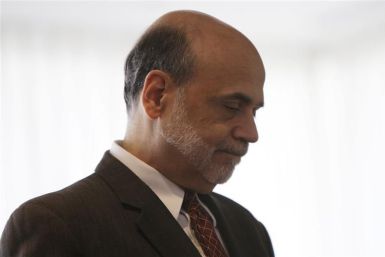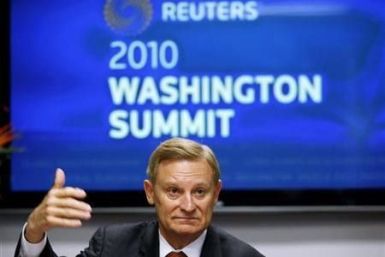Top Federal Reserve officials said on Friday the U.S. central bank's ultra-easy monetary policy is appropriate for a sluggish economy but one policymaker said further easing would only be warranted if conditions worsen.
Next week will be packed with important data releases. The key policy event will be Chairman Bernanke's semi-annual policy testimony before Congress.
The Federal Reserve should only embark on a third round of large-scale bond purchases if the U.S. economy deteriorates and inflation drops, and we are not there yet, a top Fed official said on Friday.
Dallas Federal Reserve Bank President Richard Fisher said on Thursday U.S. economic conditions were improving and repeated his view that further easing from the U.S. central bank was not needed.
U.S. central bank officials have good reason to be skeptical about the strength of the economy: excessive optimism has caught them flat-footed before.
Gasoline prices jumped in January, leading overall consumer prices higher and offering a reminder of the risks energy costs pose to the economic recovery.
The stock market prediction for 2012 from most analysts is something along the lines of it will improve, but not by a lot.
Gasoline prices jumped 0.9 percent in January, pushing overall consumer prices up and offering a reminder of the risks energy costs pose to the economic recovery.
Consumer prices rose the most in four months in January as the price of gasoline jumped, highlighting a growing concern that higher energy costs could slow the economic recovery.
The weak economic recovery has made it harder for banks to make money from loans but the financial conditions of smaller institutions appear to be solidifying, Federal Reserve Chairman Ben Bernanke said on Thursday.
Minutes of the Federal Reserve Board's January meeting confirm that current board governors are divided on engaging in another round of bond purchasing, but they also portrayed the central bank leaders as agreed on the propriety of ultra-low interest rates.
Federal Reserve policymakers are turning to cars to illustrate just how split they are over what, if anything, to do about the U.S. economy, with some eying the brake pedal and others the gas.
Dallas Federal Reserve Bank President Richard Fisher had a message for Wall Street on Wednesday: don't expect more from the U.S. central bank.
There is a good chance the Federal Reserve will raise interest rates before the end of 2014, according to a Reuters poll which also showed a significant minority of economists still expect a further easing of monetary policy in coming months.
The U.S. Federal Reserve should do all it can to reduce very high unemployment and bring inflation back up to more desirable levels, a top Fed official said on Monday.
Despite a mediocre earnings season and signs of an overbought market, Wall Street bulls are likely to remain in control this week.
A number of top Federal Reserve officials likely saw a need for additional monetary easing at the central bank's meeting last month, although there are few signals the central bank will move soon.
U.S. Rep. Ron Paul, R-Texas, may not have won the presidential straw poll in the Maine 2012 Republican caucuses, but the libertarian candidate has good reason to believe that by the time Maine's delegates are up for grabs, his almost tie may become a win.
Federal Reserve Chairman Ben Bernanke on Friday issued a call to action to restore U.S. housing markets, saying depressed house prices and sales are a serious drag on the economic recovery.
The housing market is holding back the broader economic recovery now that foreclosures have become a national crisis, a top Federal Reserve official said on Friday.
The head of the U.S. central bank, in his second public statement on housing policy in as many weeks, told an audience of residential builders Friday that creditors who own vacant homes should consider renting the properties as a way to stanch urban blight.
The Office of Congressional Ethics is looking into whether Rep. Spencer Bachus, chair of the House Financial Services Committee, violated insider trading laws and used his public office for private gain.





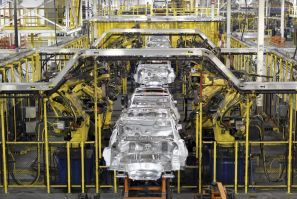

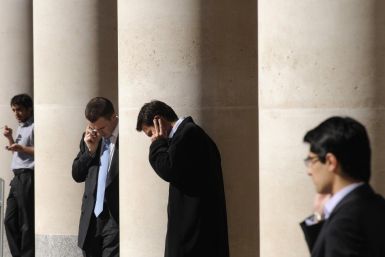
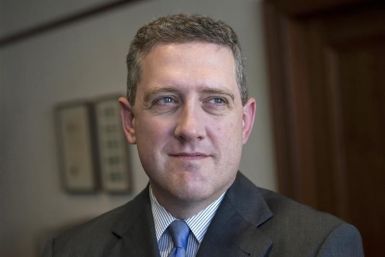

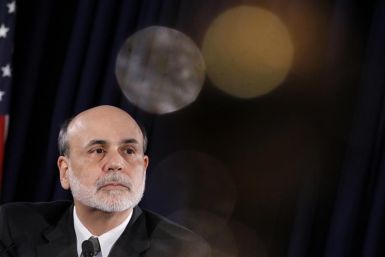

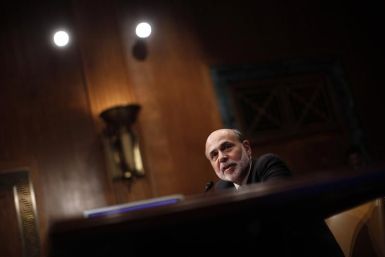
![Maine Republican Caucus 2012: Ron Paul's Speech [FULL TEXT & VIDEO]](https://d.ibtimes.com/en/full/34527/maine-republican-caucus-2012-ron-pauls-speech-full-text-video.jpg?w=385&h=257&f=4dfc2ecd4916406e88674e66007c4615)
